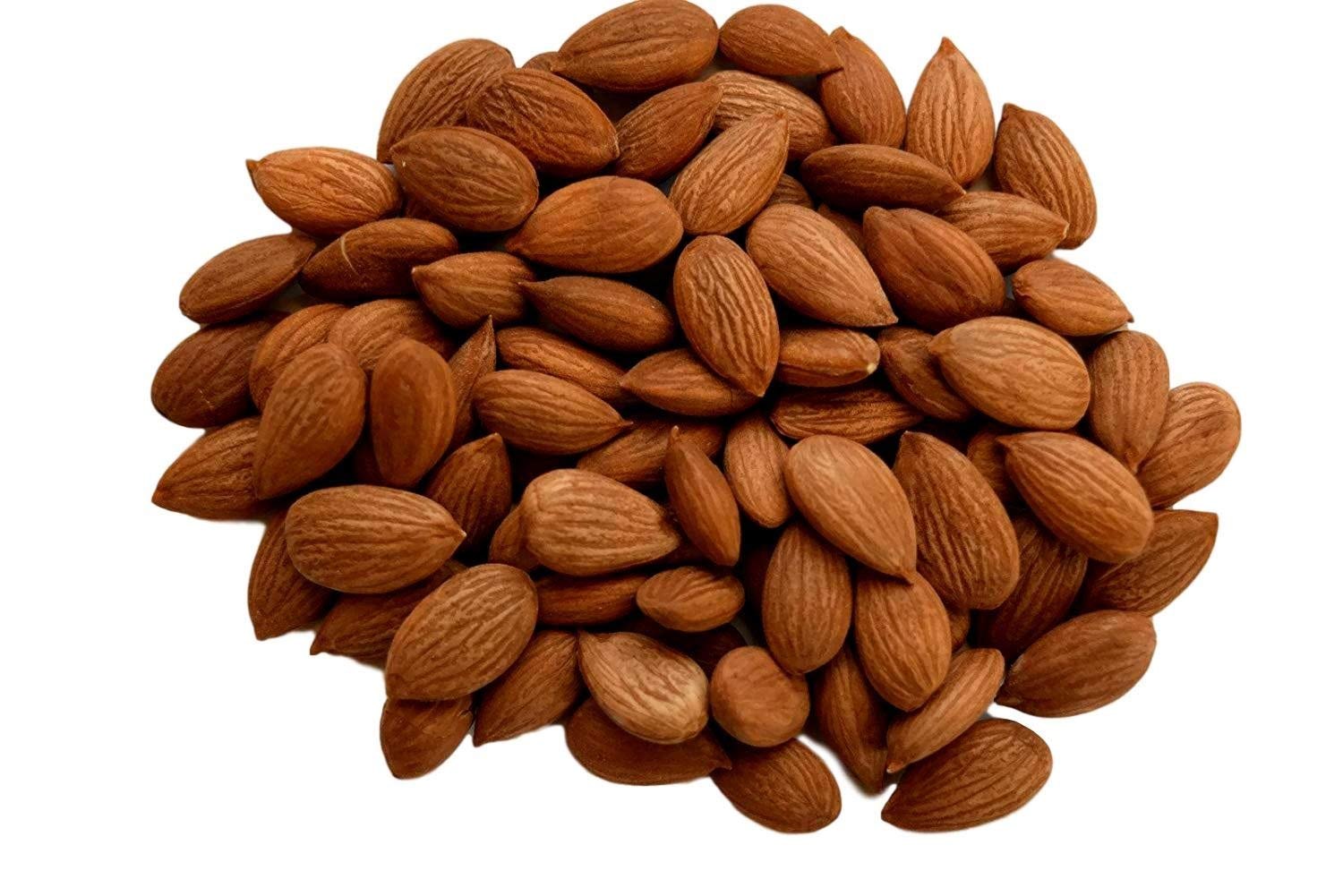Apricot kernels, also known as apricot seeds, are the seeds found inside the pits of apricots. They have gained popularity in recent years due to their potential health benefits. However, it's important to note that apricot kernels contain a compound called amygdalin, which can release cyanide in the body when consumed in large amounts. Therefore, it's crucial to understand how to eat apricot kernels safely and for optimal effects.
Understanding Apricot Kernels
Apricot kernels are known for their high amygdalin content, which is a plant compound that contains cyanide. While cyanide poisoning is a concern with apricot kernels, it's important to note that the body can detoxify small amounts of cyanide. The key is to consume apricot kernels in moderation to avoid any potential adverse effects.
Ways to Consume Apricot Kernels Safely
When it comes to consuming apricot kernels, there are a few methods that can help minimize the risk of cyanide poisoning while still reaping their potential benefits:
-
Choose Bitter or Sweet Varieties: Apricot kernels come in two main varieties: bitter and sweet. Bitter apricot kernels contain higher levels of amygdalin and should be consumed in smaller quantities compared to sweet apricot kernels.
-
Moderation is Key: It's crucial to consume apricot kernels in moderation. The recommended intake is generally around 1-2 kernels per day for adults. Consuming more than this amount can increase the risk of cyanide poisoning.
-
Crush or Blend: Crushing or blending apricot kernels can help release the nutrients they contain, making them easier to digest. This can also help distribute the amygdalin content more evenly, reducing the risk of consuming a large amount in one bite.
-
Incorporate into Recipes: Another way to consume apricot kernels is by incorporating them into recipes. For example, they can be ground and added to smoothies, baked goods, or sprinkled on top of salads. This allows for better portion control and can make the consumption process more enjoyable.
-
Consult a Healthcare Professional: If you have any underlying health conditions or concerns about consuming apricot kernels, it's important to consult a healthcare professional before incorporating them into your diet.
Potential Benefits of Apricot Kernels
Apricot kernels are believed to offer several potential health benefits, including:
-
Antioxidant Properties: Apricot kernels contain antioxidants that can help protect the body from oxidative stress.
-
Vitamin B17: Some proponents of apricot kernels believe that they provide a source of vitamin B17, also known as amygdalin, which is thought to have potential health benefits.
-
Immune Support: The nutrients found in apricot kernels may help support the immune system and overall well-being.
Conclusion
When it comes to consuming apricot kernels, it's important to do so in a safe and responsible manner. While they may offer potential health benefits, the presence of amygdalin and the risk of cyanide poisoning should not be overlooked. By choosing the right variety, consuming them in moderation, and considering alternative ways to incorporate them into your diet, you can enjoy the potential effects of apricot kernels while minimizing the associated risks. As with any dietary change, it's always best to consult with a healthcare professional to ensure that it aligns with your individual health needs and goals.











